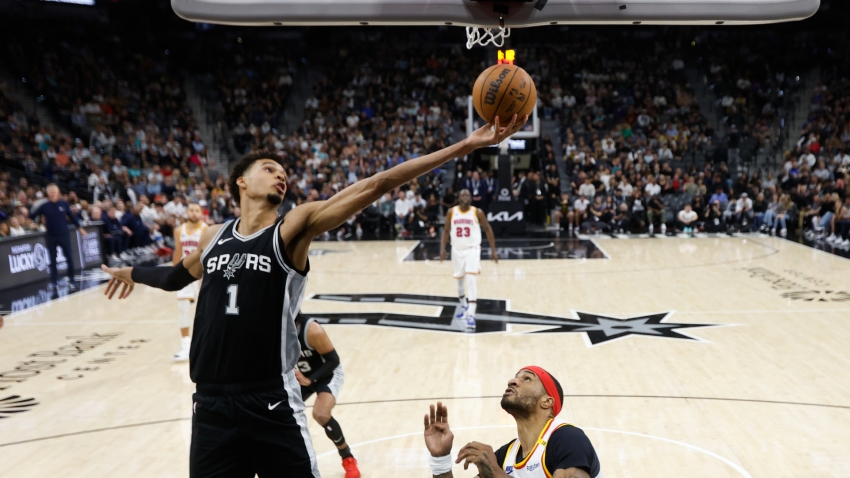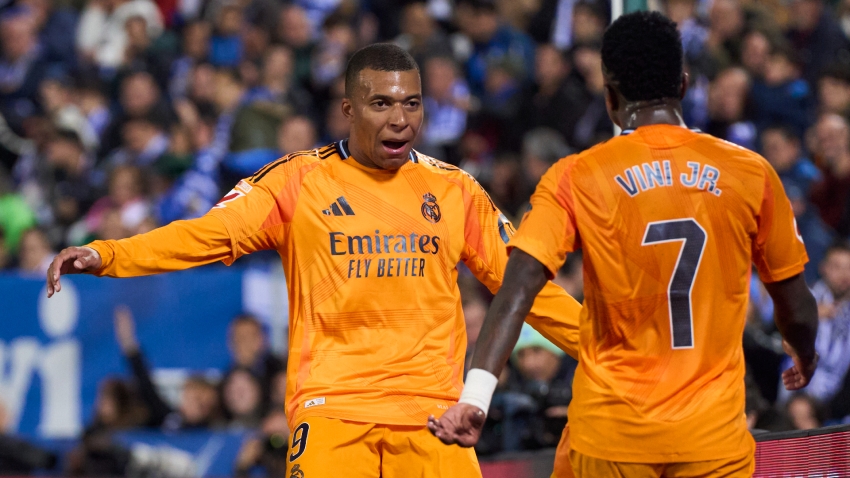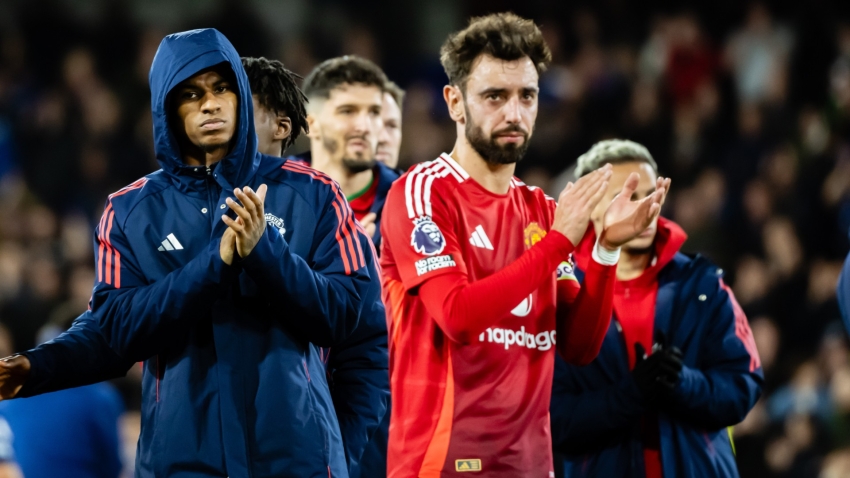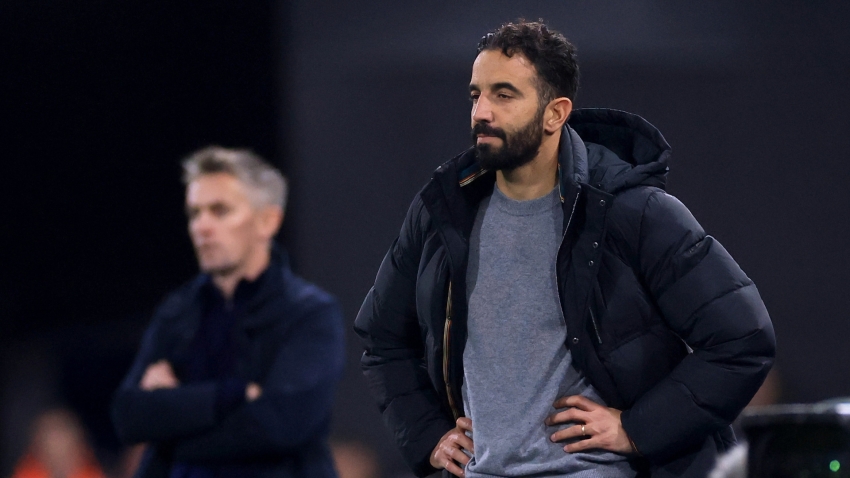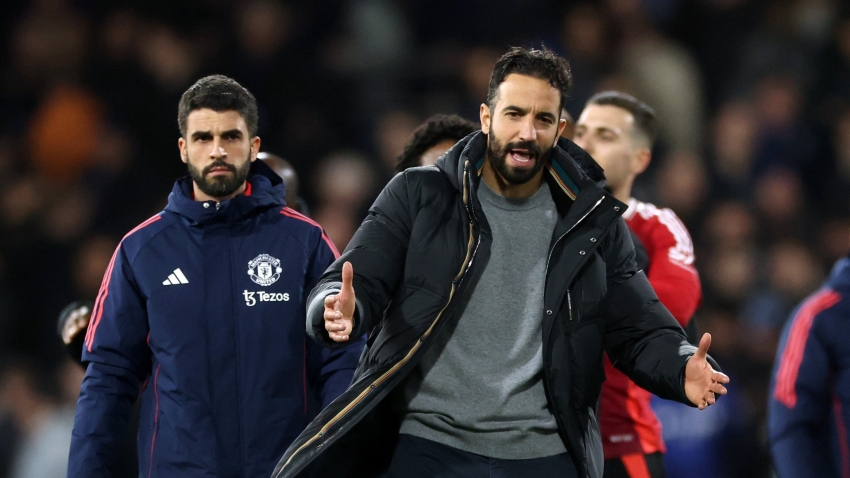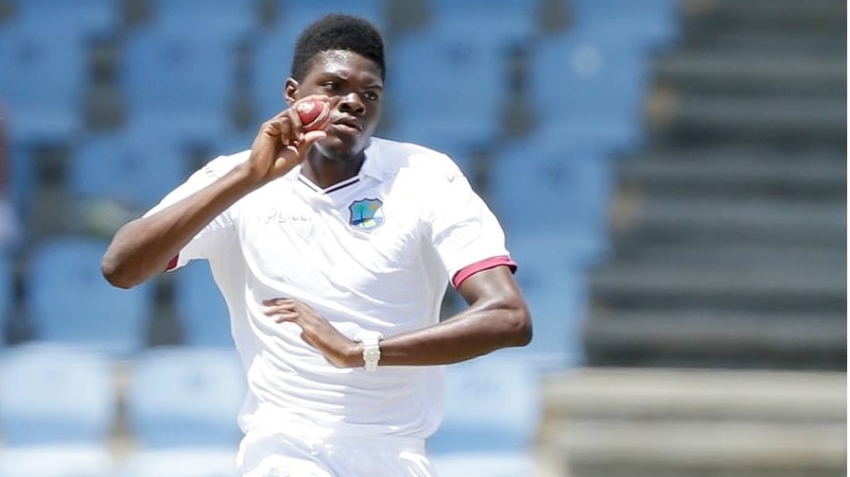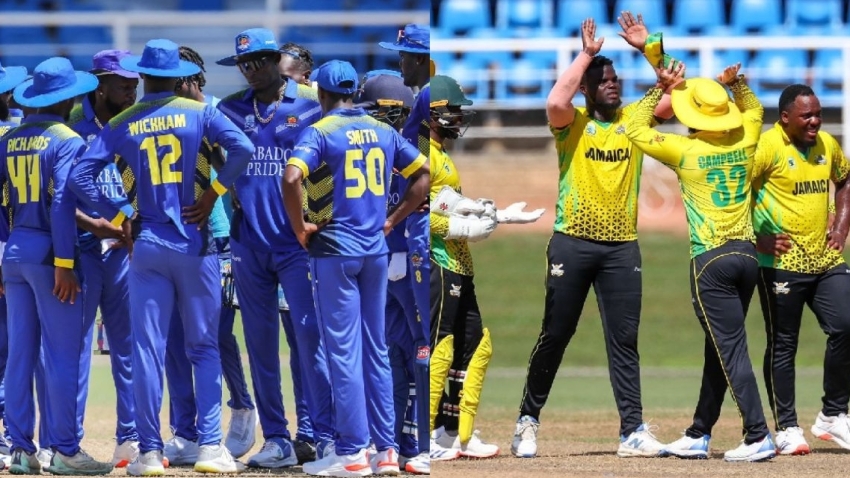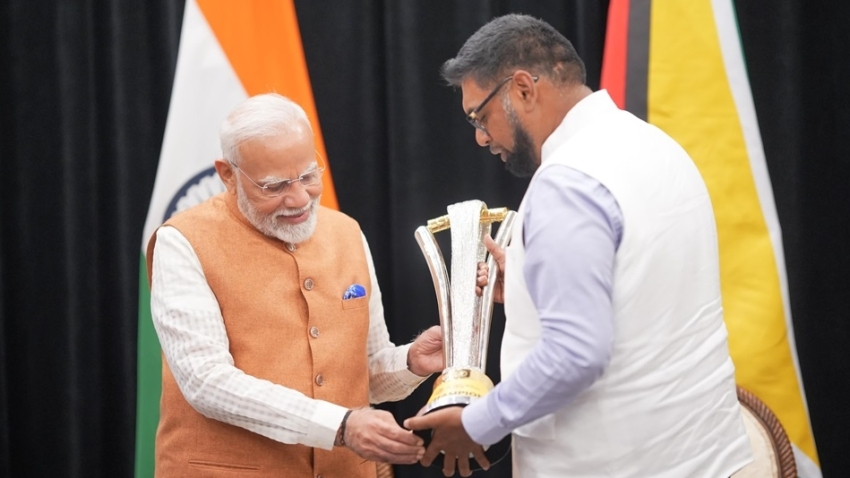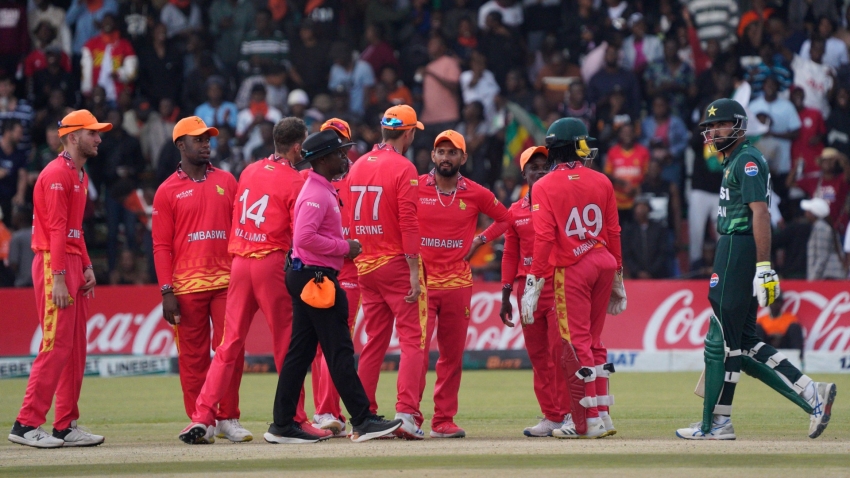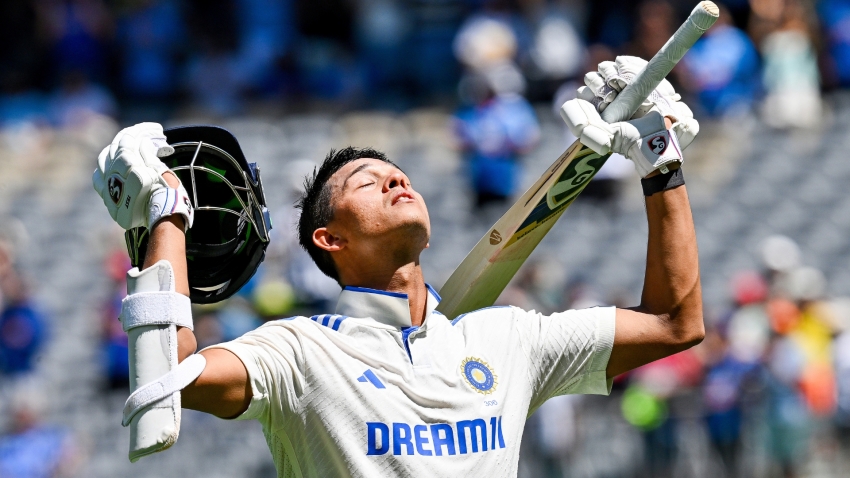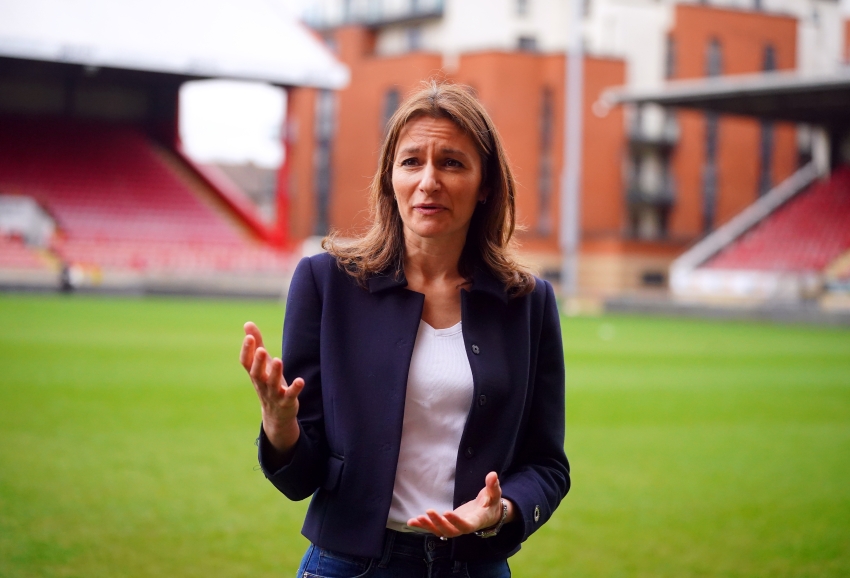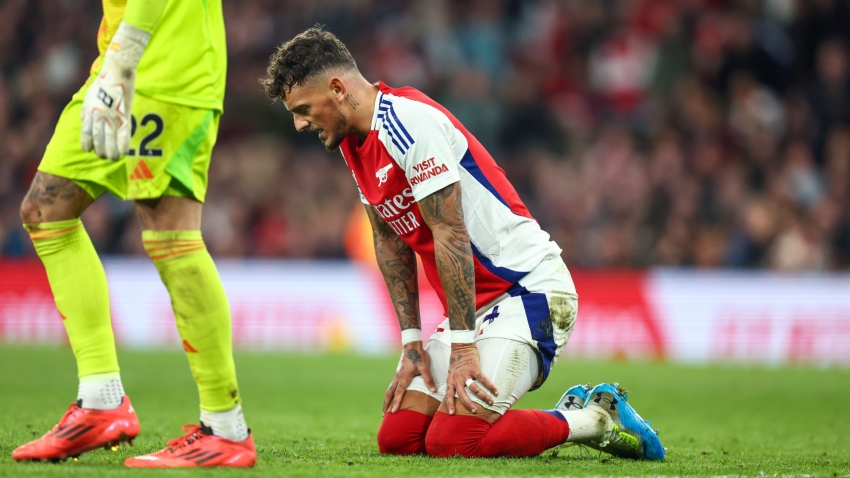EFL chairman Rick Parry has rejected the idea that an independent regulator risks killing the golden goose of the Premier League.
The Football Governance Bill, which will establish the regulator in law, was introduced to Parliament on Tuesday.
Culture Secretary Lucy Frazer has said she is confident the legislation will pass through Parliament “before the end of the parliamentary session” – in other words before a general election.
The regulator will have a raft of powers to ensure clubs are sustainably run, to force unfit owners to divest their stakes in clubs, to ensure fans are consulted on major issues affecting their clubs and to block teams from joining unapproved competitions such as the European Super League.
Arguably the most eye-catching aspect, though, is the backstop powers it will have to impose a financial settlement on the Premier League and the EFL if they cannot agree one themselves.
One of the leagues would have to apply to trigger the powers, and the regulator would then accept that application if it believed one of its key objectives – such as the financial sustainability of clubs and financial resilience across the leagues – would not be delivered if the powers were not triggered.
Ultimately the regulator would ask the Premier League and the EFL to submit final proposals and choose the most suitable one.
The process appears to chime to a large degree with what the EFL has previously called for and potentially gives it greater leverage in the ‘New Deal’ discussions between now and the establishment of the regulator.
The Premier League has reiterated its concern around any “unintended consequences” of an independent regulator, and the prospect of any settlement that impacts the competitiveness of the top flight, but Parry said on Tuesday: “Nothing is going to change the competitiveness of the Premier League.
“The gap (in terms of wages paid) is just getting bigger and bigger between the Premier League and the rest (of Europe), so the idea that the Premier League is going to be unduly constrained or no longer competitive, I just don’t even see how that argument gets to first base.”
An independent expert panel would assess the proposals and take into account the impact on club competitiveness, sporting competition and the commercial interests of both parties in making its decision, but the leagues would then be required to distribute broadcast revenue in line with that decision.
Parry added: “It’s to do with the regulator making an objective decision that it can’t meet its primary objectives of the sustainability of the game.
“If the regulator decides everything’s fine, if the regulator’s happy with the imbalances, fine. We’re not running to the regulator to say, ‘You’ve got it wrong’. All we want is some objective and independent assessment.”


